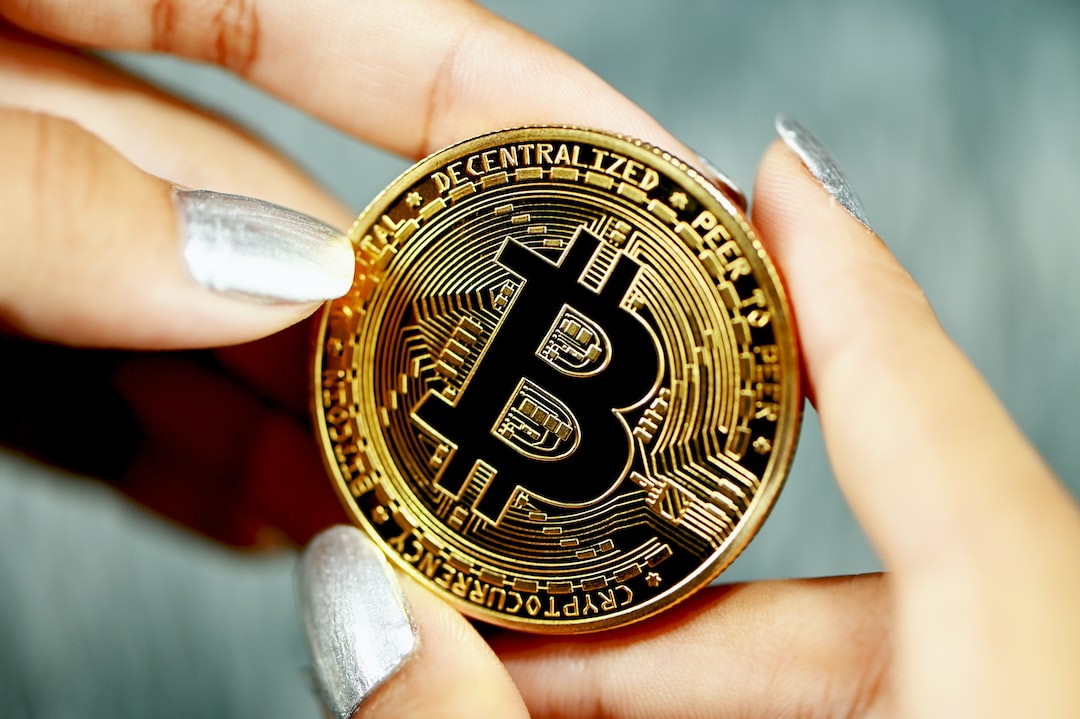The Hackers of Platypus Cleared of Charges
A recent report reveals that the hackers responsible for the Platypus hack have been cleared of all charges by the Paris criminal court. The judge ruled that French criminal law does not explicitly prohibit protocol hacks, resulting in the dismissal of the case against the hackers.
Platypus Suffers Significant Losses
According to the report, decentralized finance platform Platypus experienced losses amounting to $9.03 million in a crypto pool. The incident occurred when Mohammed M. exploited a code error, withdrawing all assets without providing any equivalent in return.
Decentralized finance often faces such incidents due to vulnerabilities in smart contract programming, which can be exploited for fund theft.
Binance Alerts Investigators
Crypto exchange Binance alerted investigators at the Central Office for Crime in Information and Communication Technologies about the Platypus hack. They swiftly traced financial flows and arrested two brothers, Mohammed and Benamar M., in connection with the incident.
The Charges Against the Hackers
Mohammed M. was facing charges of unauthorized access, maintaining an automated data system, fraud, and money laundering. His brother was accused of handling stolen goods. However, the judge dismissed the case against them.
Challenges and Security Measures in Decentralized Finance
This incident highlights the challenges faced by the decentralized finance sector and emphasizes the ongoing battle against vulnerabilities. It also underscores the importance of implementing robust security measures to protect against potential exploits as financial automation becomes more prevalent.
Hot Take: The Need for Enhanced Security in Decentralized Finance
The recent dismissal of charges against the hackers responsible for the Platypus hack raises concerns about the security of decentralized finance platforms. While automation brings efficiency, it also introduces risks that can be exploited by hackers. This incident serves as a reminder for the industry to prioritize the fortification of smart contracts and the implementation of robust security measures to safeguard user funds. As decentralized finance continues to evolve, proactive steps must be taken to address vulnerabilities and protect the integrity of the ecosystem.





 By
By
 By
By
 By
By
 By
By
 By
By